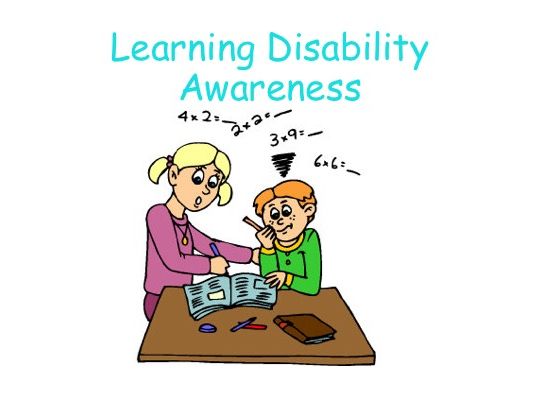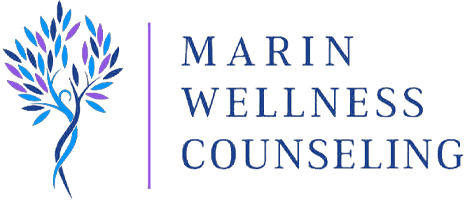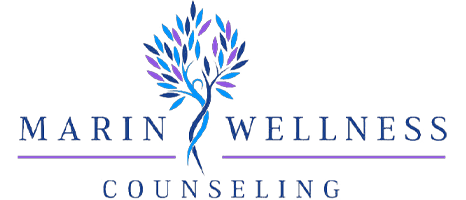Learning Disabilities: Understanding Differences and Unlocking Potential

Learning disabilities (LD) are a group of neurodevelopmental conditions that can affect how a person processes, understands, and retains information. Despite having average or above-average intelligence, individuals with LDs may struggle with specific areas of learning, such as reading, writing, or math.
This blog post aims to shed light on learning disabilities, clear up misconceptions, and offer resources for those who may be affected.
Different Brains, Different Strengths
Imagine a classroom with students using diverse tools to learn. One student might use a map and compass to navigate a math problem, while another uses building blocks to understand a new concept. Learning disabilities are like these different tools – they represent unique ways of thinking and learning.
People with LDs often have strong visual, auditory, or kinesthetic (bodily) learning styles. While traditional learning methods might not resonate with them, they may excel in other areas. For instance, a student who struggles with written language might be a gifted storyteller or an artist with a keen eye for detail.
Common Signs and Types of LDs
Here are some general signs that a person might have a learning disability:
- Difficulty with reading fluency or comprehension
- Challenges with spelling and written expression
- Trouble with math concepts or calculations
- Poor organization and time management skills
- Difficulty following instructions
It’s important to remember that these signs can vary depending on the specific type of LD. Some of the most common types include:
- Dyslexia: Difficulty with reading fluency and comprehension.
- Dysgraphia: Challenges with written expression, spelling, and handwriting.
- Dyscalculia: Difficulty with math concepts and calculations.
- Nonverbal Learning Disabilities: Challenges with interpreting nonverbal cues, social skills, and fine motor coordination.
Beyond the Label: Support and Strategies
If you suspect that you or someone you know might have a learning disability, the first step is to seek a professional evaluation. Early diagnosis can make a world of difference. With proper support and strategies, individuals with LDs can thrive in school, work, and life.
Remember, learning disabilities are not a reflection of intelligence. They simply represent a different way of learning. By embracing these differences and providing the right support, we can unlock the full potential of every learner.
Remember, learning disabilities are not a reflection of intelligence. They simply represent a different way of learning. By embracing these differences and providing the right support, we can unlock the full potential of every learner.
Marin Wellness Counseling offers Developmental Assessment Testing
To find out more, hit the Start Now button below and setup a 15-Minute Intake appointment.

